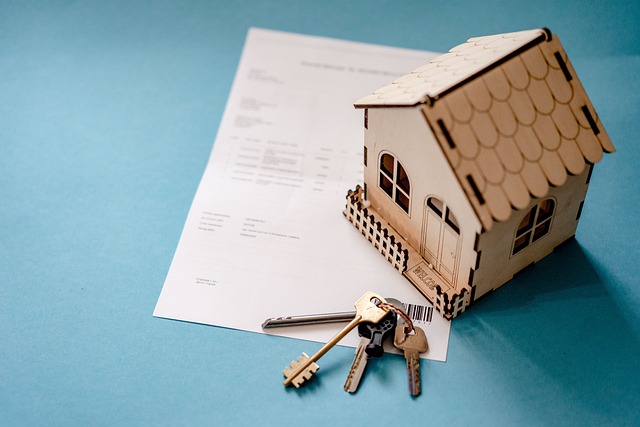A long-term study shows: Anyone who invests their money in real estate can apparently avoid a classic conflict of objectives. In a comparison of different asset classes, returns are both high and stable.
Investing money repeatedly confronts consumers with conflicting goals and unpleasant decisions. Do you want to achieve a high return on your money or would you rather invest it as safely as possible? The question usually comes up in every advisory meeting. And investors learn early on - albeit reluctantly - that there can only be one thing: a high return or a high level of security. If a bank advisor ever promises both, it is better to walk away on the spot, it was said for a long time. Because then it would certainly be a scam. But in the case of real estate as an asset class, this economic trade-off between security and return seems to have been eliminated, as economists have now discovered in a comprehensive analysis.
Investing money repeatedly confronts consumers with conflicting goals and unpleasant decisions. Do you want to achieve a high return on your money or would you rather invest it as safely as possible? The question usually comes up in every advisory meeting. And investors learn early on - albeit reluctantly - that there can only be one thing: a high return or a high level of security. If a bank advisor ever promises both, it is better to walk away on the spot, it was said for a long time. Because then it would certainly be a scam. But in the case of real estate as an asset class, this economic trade-off between security and return seems to have been eliminated, as economists have now discovered in a comprehensive analysis.
Even in the period from 1950 to 2015, equities, with an average annual return of 9.59 percent, yielded little more than real estate, with 8.3 percent. But what's particularly surprising to economists here is that real estate returns have fluctuated much less than stocks. "The best investment you could make over the past 140 years from a risk-return perspective has been residential real estate," Schularick says. But why does real estate generate high returns similar to stocks while offering a high degree of safety? The real estate market is more illiquid than the stock market. "Rents are very stable even in a recession, unlike dividends," Schularick explains. Leases are very rigid. Even in a recession, he says, apartments aren't easily terminated, while dividends often stop altogether. Before consumers move into a cheaper apartment, they prefer to cut back in other areas. After all, you always have to live, says Schularick. All this makes for relatively stable rent payments. But real estate is also a special asset class for other reasons: "There are a number of government incentives to buy real estate," says Schularick. In many countries, home ownership is subsidized by the state. In this country, too, state subsidies are available under certain circumstances for home savings contracts or "Wohn-Riester" housing subsidies, and tax deductions are available for renting.
The results of the study, which is also available on the Internet at http://www.macrohistory.net/data/, should make many economists think. We know the least about the most important asset class, Schularick says: "Economists have long regarded real estate as a big lumpy risk. The science is just now waking up."
Since the financial crisis, which began with the mortgage crisis in the USA, the focus has shifted more to the real estate markets. Germany is a special case: "Here, the real estate boom has not had such a strong impact so far. In Germany, the stock market is doing better than the real estate market," says Schularick. Nevertheless, the Bundesbank recently warned. Consumers should not underestimate the risks in view of the low interest rates. Because interest rates can also rise again. Real estate loans become more expensive. "Real estate is also not as easy to sell as stocks, if you get into an emergency and have to sell quickly," warns Schularick. Moreover, it's not a foregone conclusion that real estate returns will remain as high and volatile in the future. "As soon as real estate is bought more as an investment property, prices could also become more volatile," says Schularick.





